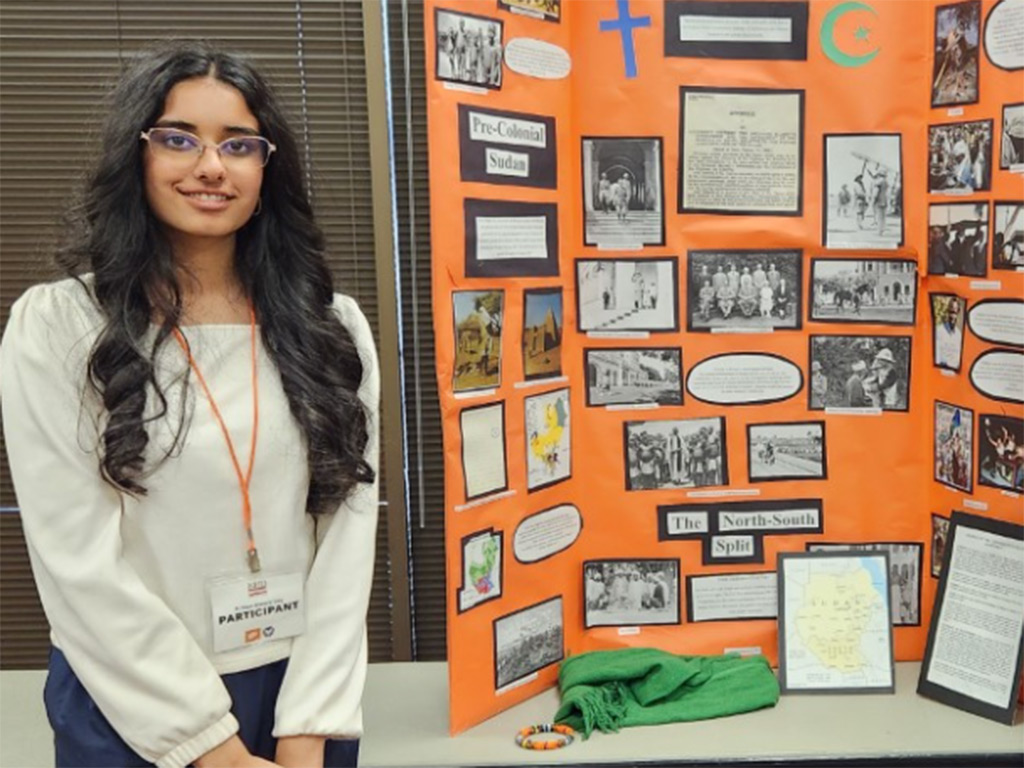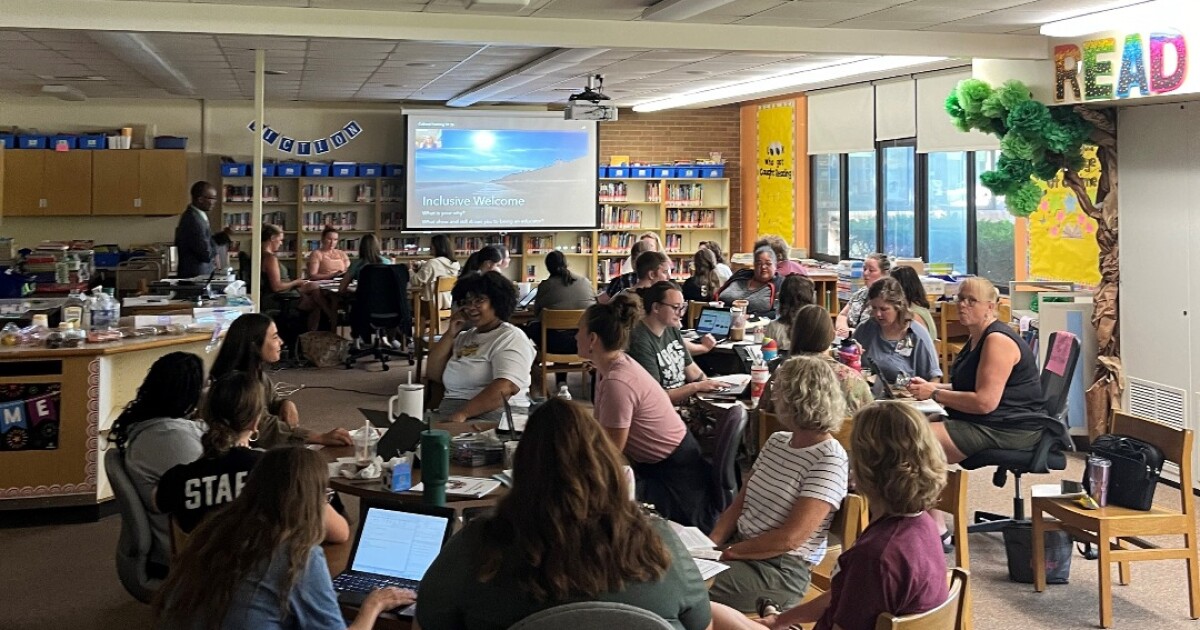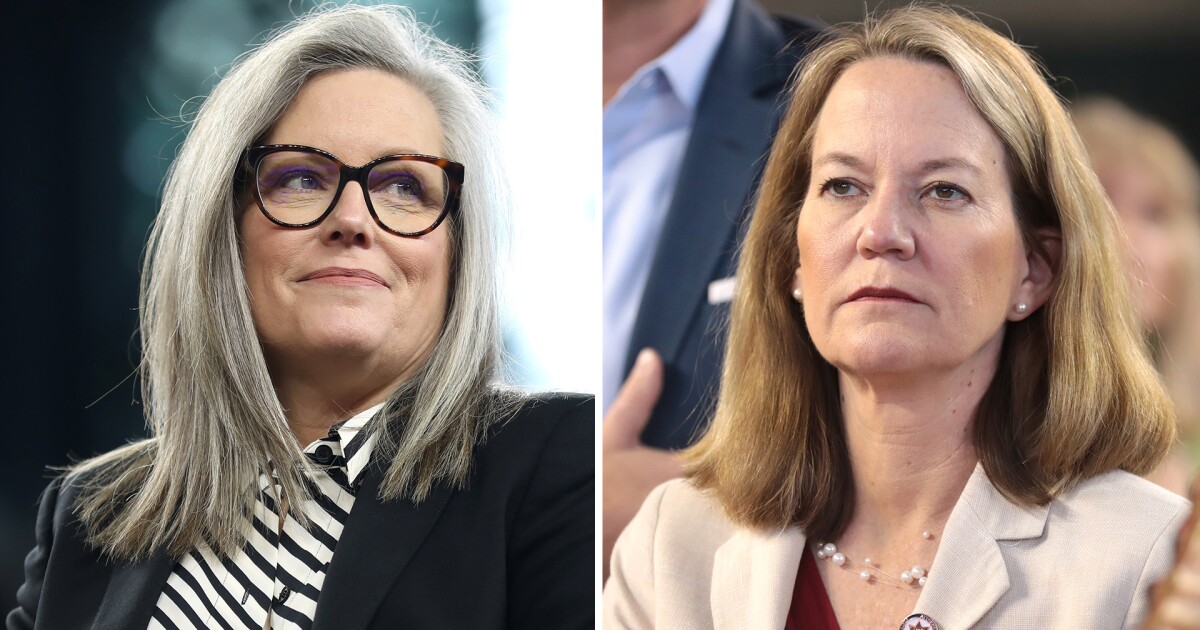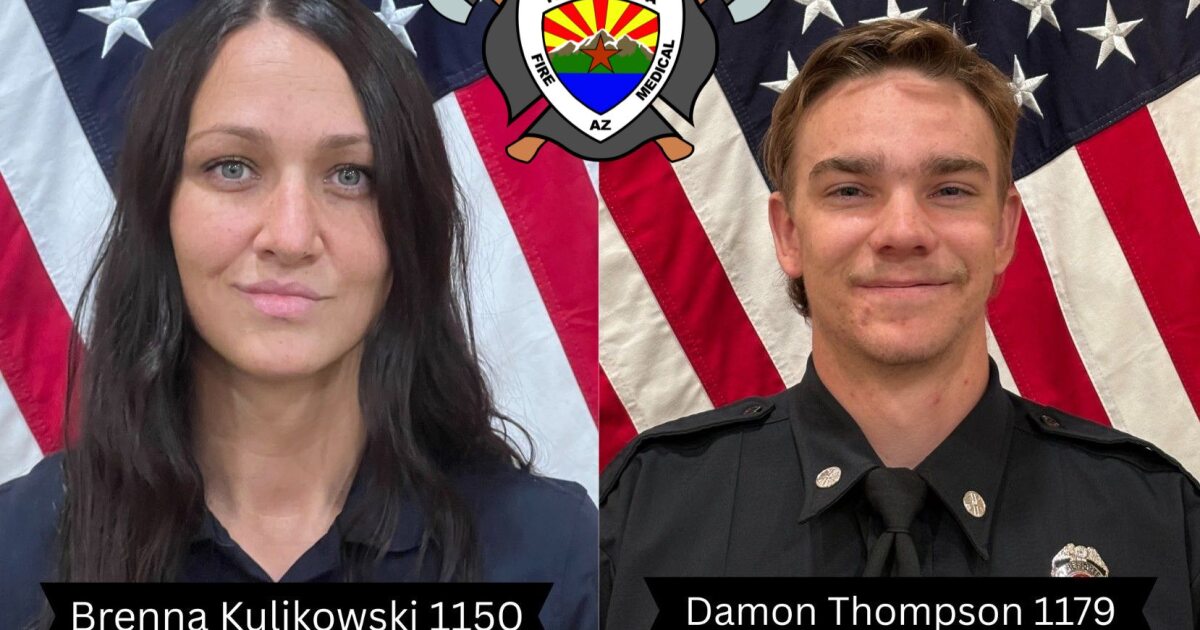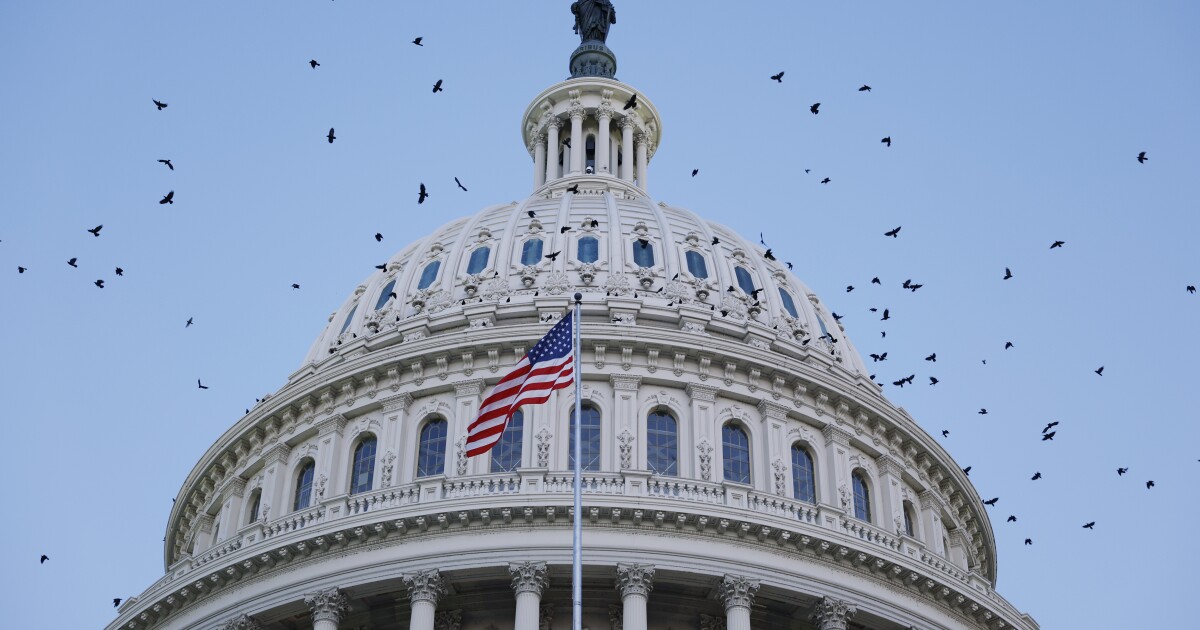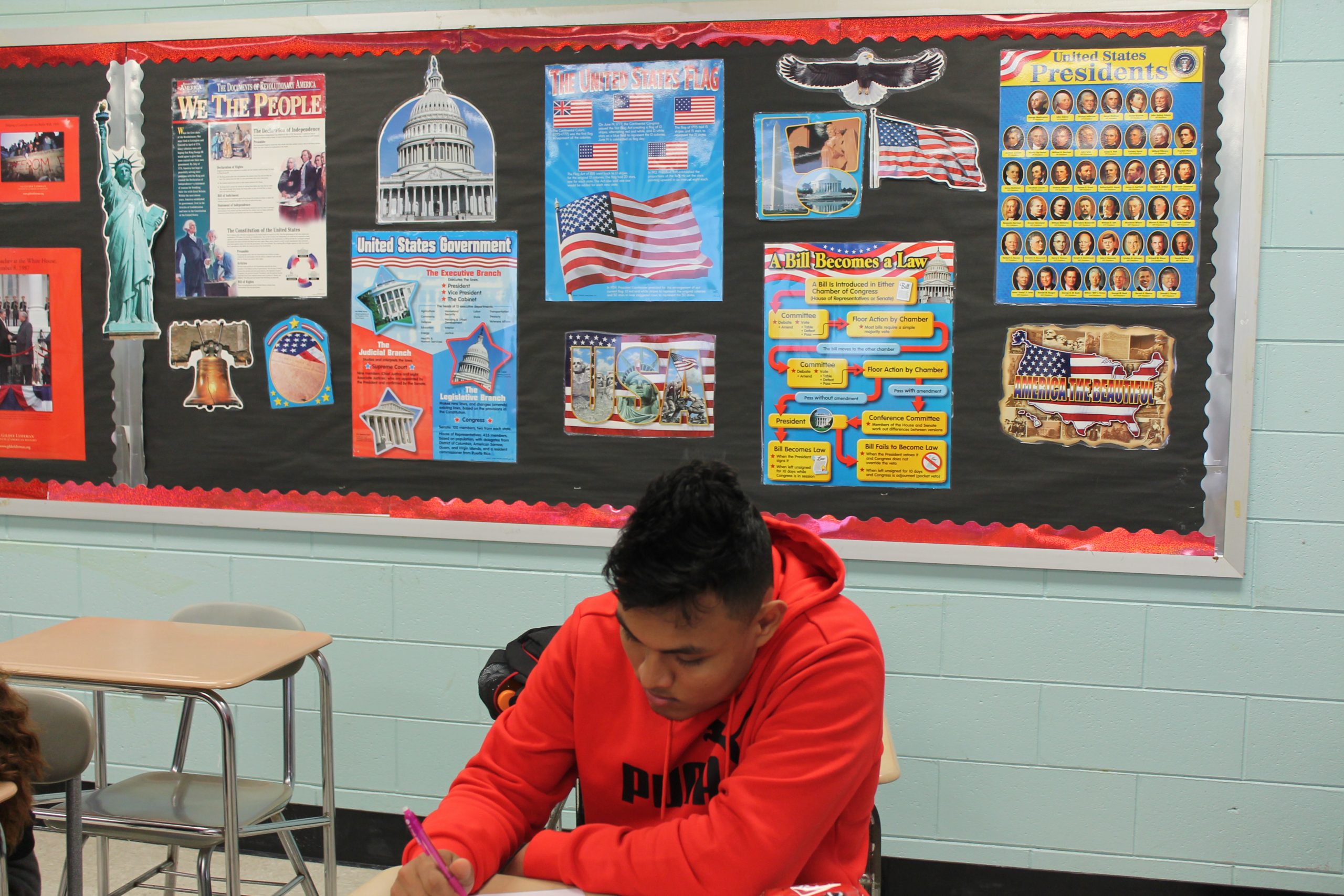In April, the Trump administration announced significant funding cuts to the National Endowment for the Humanities, impacting education groups and students reliant on NEH grants. Among those affected is National History Day, a nonprofit facilitating a historic competition with 500,000 students annually. This competition is integral to social studies curricula across various schools, offering resources and training to teachers.
National History Day faced an $825,000 budget cut over several years, jeopardizing state-level competitions that depend heavily on state humanities councils, also hit hard by these cuts. Without this funding, some states may cancel their programs, and the national event will face reductions.
The funding loss is particularly concerning for students in Texas, where recent legislation limits history education. National History Day offers a platform to explore topics beyond standard curricula, a process crucial for understanding history’s complexities. These cuts are part of a broader legislative effort to reshape historical narratives.
Related: Become a lifelong learner. Subscribe to our free weekly newsletter featuring the most important stories in education.
At a school in El Paso, Texas, History Day is a major event where middle schoolers research and create historical projects, while high schoolers judge and mentor them. Known locally as an “NHD school,” this program fosters a love for history and critical thinking among students.
Participation in History Day since seventh grade has helped students grow as researchers. For instance, one student researched British imperialism’s impact on the 1947 Partition of India and Pakistan, combining family interviews with historical sources to connect with their cultural identity.
Related: A school district singled out by Trump says it teaches ‘whole truth history’
Many students share similar enriching experiences. Tessa Kipnis, a high school senior from Pennsylvania, explored the Rwandan genocide, noting that “student-led inquiry” will suffer without funding, reflecting broader educational funding challenges.
While some communities might raise funds to sustain local programs, disparities in resources could exclude students from marginalized backgrounds, depriving the national event of diverse perspectives. The sense of community and shared learning History Day fosters may become inaccessible.
Anita Kuriakose, a high school junior in New Jersey, expressed concerns that funding cuts might limit students’ research opportunities and creativity outside the classroom.
Related: Teachers struggle to teach the Holocaust without running afoul of new ‘divisive concepts’ rules
Lynne O’Hara, deputy director of educational programs at National History Day, emphasized the program’s importance for student empowerment and school culture. She noted that students often cite their History Day projects as their proudest achievements.
Despite legal challenges from organizations like the Federation of State Humanities Councils and the American Historical Association, a federal judge allowed a lawsuit against the administration’s decision to proceed, deeming the cuts unlawful.
The upcoming National History Day theme is “Revolution, Reaction, Reform in History.” Supporters hope the event will continue to provide students a vital platform for historical exploration.
—
Read More Kitchen Table News

